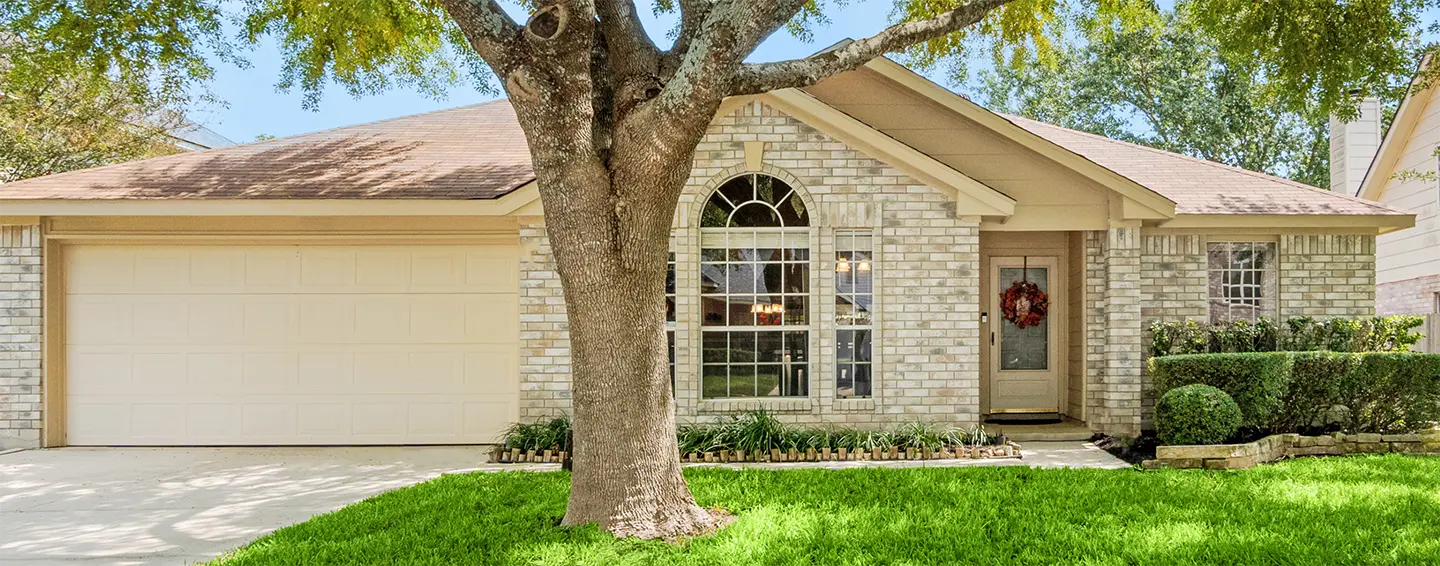Mortgage calculator
If you’re thinking about buying a home, we can help you estimate your monthly mortgage payment. All fields are required.
An average down payment is about 5% of the home price.
A 30-year term is the most popular loan length because it has the lowest payments.
Mortgage interest rates change all the time, but they’re usually in the 6% to 9% range.
We estimate these based on the ZIP code you entered, or you can enter your own numbers.
Usually based on the home value and location. To estimate yours, look at listings on Redfin.
Usually around $1,000 per month, but the cost can vary based on location and coverage.
How to use a mortgage calculator
Mortgage calculator uses
On this page

Mortgage calculator uses
A mortgage calculator is useful in a variety of situations, like when you need to:
- Compare homes with different price points: Higher-priced homes usually require more cash up-front and come with bigger mortgage payments. Trying different price points with a mortgage calculator helps you understand what you can afford.
- Compare interest rates: If everything else is equal, a lower interest rate makes your mortgage cost less and leaves more room in your monthly budget.
- Try different down payment amounts: Making a smaller down payment can help you become a homeowner sooner, but the trade-off is you’ll end up paying more in interest over the life of the loan.
- Find out how the loan term affects your payment: Longer terms mean cheaper monthly payments, but more interest paid overall. Shorter terms mean higher payments, but a lower lifetime cost for the loan.
- Include taxes and insurance in your estimates: Most people pay taxes and insurance into an escrow account as part of their monthly mortgage payment. Adding those expected amounts could be especially helpful if you’re looking for homes in different areas.
Mortgage formula
It’s much easier to use our calculator than to manually calculate your mortgage payment, but we believe in showing our work:
M = P × ((I × (1 + I)T) ÷ ((1 + I)T – 1))
Here’s a breakdown of the variables:
M: Mortgage payment
P: Principal or mortgage balance
I: Monthly interest rate
T: Term in months
Let’s see how that works out in an example. Assuming you put roughly 3% down on a $360,500 house, your loan principal is $350,000. You have a 7% interest rate on a 30-year loan. You need to get the monthly interest rate, so dividing 7 by 12 comes out to 0.583%. Multiplying 30 by 12 gives us a 360-month term.
Now, let’s plug those numbers into our equation:
M= $350,000 × ((0.00583 × (1 + 0.00583) 360) ÷ ((1 + 0.00583) 360 – 1))
In this example, your monthly mortgage payment comes out to $2,326. However, this only covers principal and interest. You can add in the monthly amounts for property taxes and homeowners insurance, if you have them.
How is the Rocket Mortgage calculator different?
You’ve probably noticed there are plenty of mortgage calculators out there.
Here’s why ours is helpful:
- Better experience estimating taxes and insurance: If you know how much your property taxes and homeowners insurance will cost, you can include your numbers. But if you’d rather skip the research on insurers and tax rates, we have estimates based on your ZIP code.
- Expert advice 24/7/365: Rocket Assist is your virtual guide on your home buying journey. Access all the knowledge on our website, right at your fingertips.
- Explore affordable loan options: One+ from Rocket Mortgage® allows qualifying home buyers to get into a home with as little as 1% down. HomeReady® and Home Possible® offer a 3% down option with a closing cost credit for eligible buyers.

Mortgage terminology
Let’s break down common mortgage terms to help you make full use of our mortgage calculator:
- Home price: This is how much it costs to buy the home.
- Down payment: Your down payment is the amount you pay up front to secure a home loan. The minimum depends on the loan option, but for a first-time home buyer, it’s typically 3% – 3.5%. The home price minus your down payment is your initial mortgage balance.
- Loan term: The loan term is how long you have to pay off your mortgage.
- Interest rate: Think of the interest rate as the long-term cost of financing your home.
- Annual percentage rate (APR): The APR includes the interest rate but also closing costs for your loan. Lenders must show both the interest rate and the APR. The bigger the difference between the two, the more you can expect to pay at closing.
- Mortgage points: Also referred to as discount points or just points, mortgage points are prepaid interest charges paid at closing to secure a lower interest rate. One point is 1% of the loan amount, but you can purchase points in increments down to 0.125%.
- Principal: This is the portion of your payment that goes toward paying down your mortgage balance each month.
- Amortization: Amortization is a schedule of payments that shows how much of your monthly payment is going toward principal and interest over your loan term. Early on, more of your payment goes toward paying interest, but as you get closer to the end of the term, you start paying down more principal.
- Property tax: These are local taxes that go toward paying for things like schools, public safety, sanitation, and parks.
- Homeowners insurance: This covers property damage, personal property within your home, and additional living expenses if you need to relocate during while your home is repaired or rebuilt.
- Mortgage insurance: Depending on the type of loan you get, you may need to pay for mortgage insurance if you make a smaller down payment. Mortgage insurance helps protect the lender financially if you stop making your payments.
- Homeowners association (HOA) dues: Homeowners living in HOA communities pay regular fees for their HOA to handle things like exterior maintenance and upkeep for communal amenities, like pools or tennis courts.
Frequently asked questions
How much do I need for a down payment?
A down payment of 20% or more used to be the standard, but it’s not anymore. You’ll likely still get the best interest rates with a 20% down payment, but there are a variety of low down payment options available. You may be able to buy a home with as little as 1% – 3% down. If you qualify for a VA loan, a down payment might not be required at all.
How accurate is Rocket’s mortgage calculator?
Our mortgage calculator provides a monthly payment based on the numbers you enter – but it’s an estimate. The best way to get a better idea of what’s possible is to talk to us.
How is my interest rate determined?
There are several factors that determine your interest rate, including your loan type, loan amount, down payment, and credit history. Interest rates are also affected by market trends and can change frequently.
What is included in my mortgage payment?
A typical monthly mortgage payment includes four things: principal, interest, taxes, and insurance. These are commonly referred to as PITI. Note: This calculator doesn’t include mortgage insurance or guarantee fees. Those costs could be part of your mortgage payment, depending on your financial situation and the type of loan you get.
What’s the best kind of home loan to get?
The best loan is the one that’s right for your situation. This will depend on a few things:
- Your lender profile (including your income, credit profile, debt, and assets)
- Whether you’re a first-time home buyer
- The type of home you’re buying
- Your down payment
If you still have questions, our Home Loan Experts are here to help find the best mortgage options for you.
When you're ready to buy
Apply online
A Home Loan Expert will review your information and get you an estimate of what you could spend on a home — all without affecting your credit.
Get expert help
Find your home
Your dedicated team will be with you every step of the way, answering questions and getting you the best loan options.
Learn about mortgages
6-minute read
How to buy a house with bad credit
5-minute read
Interest rate vs. home price: Which matters more
5-minute read
How to lower your mortgage payment
6-minute read
How to buy a house with bad credit
5-minute read
Interest rate vs. home price: Which matters more
5-minute read